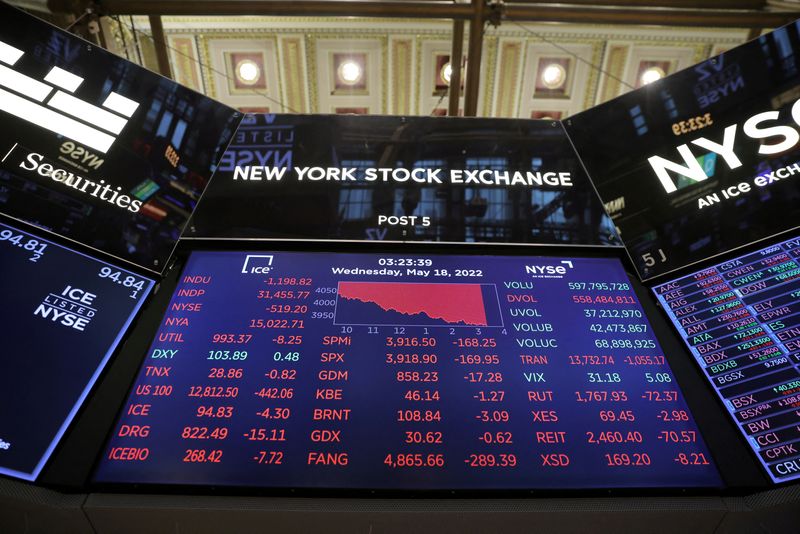By Echo Wang
NEW YORK (Reuters) - Companies pursuing U.S. initial public offerings (IPOs) after a string of lackluster stock market debuts are receiving advice from investment bankers to lower their valuation expectations.
The IPO market saw a flurry of big listings in the last five weeks, emerging from an arid spell that lasted most of 2022 and 2023 and was driven by stock market volatility amid rising interest rates.
There were four major IPOs, and three of them disappointed investors. Shares of German sandal-maker Birkenstock, grocery delivery app Instacart (NASDAQ:CART) and chip designer Arm Holdings (NASDAQ:ARM) dropped below their IPO prices in the days that followed their debuts, though Arm's shares are now slightly over that price.
Only the shares of marketing automation platform Klaviyo (NYSE:KVYO) Inc have consistently traded over their IPO price, ending trading on Wednesday 2% over it.
Nine bankers and lawyers interviewed by Reuters said that high interest rates have made investors more risk-averse. They are advising companies to seek more conservative valuations in their IPOs so they can entice stock market investors with bargains.
"(Companies) understand that if you come to the IPO market in the near term, you're going to suffer some of the hangover from the performance of these recent high-profile transactions," said David Levin, co-head of equity capital markets at Guggenheim Securities.
The four big IPOs were a shot in the arm to U.S. listing volumes. Total proceeds from IPOs on U.S. exchanges totaled $19.4 billion from the start of 2023 to the end of last week, a two-year high that nearly tripled the haul over the same period last year, according to LSEG.
Those proceeds are a fraction of the haul during the same period from 2019-2021, however, when proceeds ranged from $43.3 billion to $119.2 billion.
The overall performance of IPOs this year has been lackluster. More than three-quarters of companies that went public, excluding blank-check acquisition firms, are trading below their IPO price, according to Renaissance Capital.
Healthcare payments tech firm Waystar, insurance group Hamilton and oil-and-gas helicopter provider PHI Group will have to decide in the coming days whether they will proceed with their IPOs and how aggressively they will price them.
The companies have published their IPO registration statements so they can be ready to launch their stock market debuts in the next few days, ahead of a potential U.S. government shutdown next month that would freeze listings because it would cut funding to the financial regulators overseeing them. It remains unclear whether the shutdown will happen, as U.S. lawmakers struggle to elect a speaker in the House of Representatives.
Representatives from Waystar and PHI did not immediately respond to requests for comments. Hamilton declined to comment.
VALUATION ADJUSTMENT
Going by the performance of Birkenstock's listing, some IPO hopefuls may have to significantly adjust their valuation expectations.
Birkenstock was seeking a valuation equivalent to about 27 times trailing 12-month earnings before interest, taxes, depreciation and amortization at the top of its indicated IPO range. It ended trading on Wednesday worth only about 17 times that. "When the stock opens more than 10% below where the IPO was priced, it is a clear sign the deal outpriced its demand," capital markets consultant and Wharton School lecturer David Erickson said of Birkenstock's IPO.

For some companies, the hostile IPO environment may prove too much. Rubrik, the cybersecurity software company backed by Microsoft Corp (NASDAQ:MSFT), was planning to launch its IPO investor roadshow as early as this month had the market been more receptive, a person familiar with the matter said. It is now holding back. A Rubrik spokesperson declined to comment.
"We continue to see demand for high quality companies, but investors remain cautious and sensitive to valuations," said Robert Stowe, head of Americas equity capital markets at Barclays Plc.